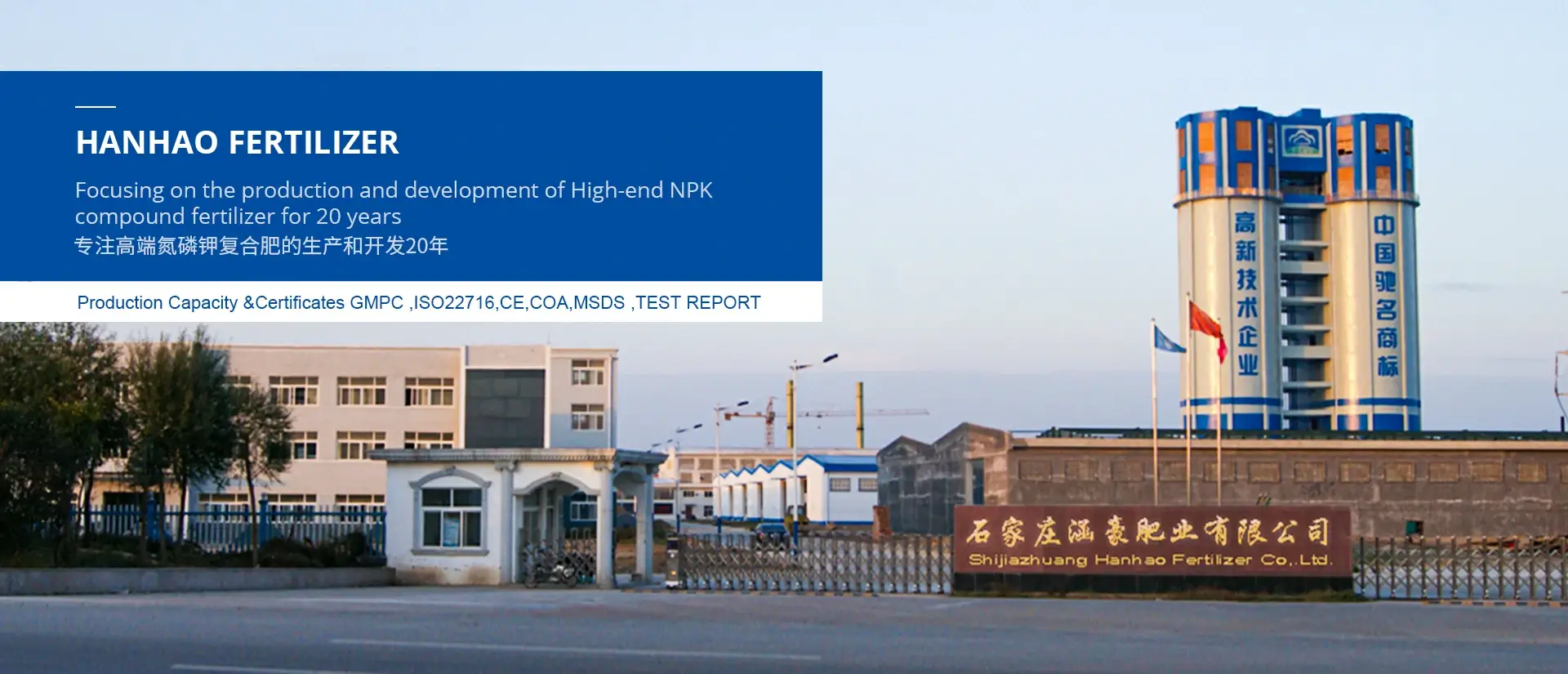
Авг . 08, 2024 05:55 Back to list
Understanding the Benefits and Uses of NPK Fertilizers for Optimal Plant Growth and Health
Understanding NPK Fertilizer The Key to Healthy Plants
NPK fertilizer is a cornerstone of modern agriculture and gardening, providing essential nutrients that plants need to thrive. The term NPK stands for nitrogen (N), phosphorus (P), and potassium (K) – three primary macronutrients that are crucial for plant growth and development. Each of these elements plays a vital role in the overall health and productivity of plants, making NPK fertilizers a popular choice among farmers and gardeners alike.
Understanding NPK Fertilizer The Key to Healthy Plants
Phosphorus (P) is vital for energy transfer within the plant. It is a critical component of ATP (adenosine triphosphate), which is essential for many biochemical processes. Phosphorus promotes strong root development, enhances flowering and fruiting, and aids in the overall maturation of the plant. A deficiency in phosphorus can result in stunted growth and poor yields, particularly in flowering plants and crops that rely heavily on reproductive development.
npk fertilizer

Potassium (K) contributes to the overall health and hardiness of plants. It is involved in various physiological processes, including water regulation, enzyme activation, and photosynthesis. Potassium helps plants tolerate stress conditions, such as drought and extreme temperatures, and is essential for the synthesis of proteins and starches. When adequately supplied with potassium, plants are often more resilient against diseases and can produce higher quality fruits and flowers.
NPK fertilizers come in various formulations and ratios, allowing farmers and gardeners to tailor their nutrient supply according to the specific needs of their crops and soil conditions. Common formulations include 10-10-10, 20-10-20, and others, where the numbers indicate the percentage of nitrogen, phosphorus, and potassium, respectively. For example, a fertilizer labeled as 20-10-10 contains 20% nitrogen, 10% phosphorus, and 10% potassium. Understanding the specific nutrient requirements of different plants can help in selecting the right NPK fertilizer for optimal growth.
While NPK fertilizers are highly effective, it is essential to use them judiciously. Over-fertilization can lead to nutrient runoff, which can pollute water bodies and disrupt aquatic ecosystems. Additionally, excessive nutrient application can harm soil health and lead to imbalances that may inhibit plant growth. It is advisable to conduct soil tests to assess nutrient levels before applying fertilizers and to follow recommended application rates to minimize environmental impact.
In conclusion, NPK fertilizers play a crucial role in supporting plant health and productivity. By providing the essential nutrients nitrogen, phosphorus, and potassium, these fertilizers help ensure that plants grow strong, produce quality yields, and withstand environmental stresses. By understanding the functions of these macronutrients and applying them responsibly, gardeners and farmers can cultivate vibrant, healthy plants that contribute to food security and environmental sustainability.
-
Premium 8 12 16 Fertilizer – High-Efficiency Compound & Granular NPK Supplier
NewsJun.10,2025
-
High Quality Agricultural Grade NPK Fertilizer Manufacturer & Supplier Reliable Factory Price
NewsJun.10,2025
-
Organic Fertilizer for Corn Boost Yield Sustainably
NewsJun.10,2025
-
Organic Fertilizer for New Plants Natural Growth Boost & Eco Nutrients
NewsJun.10,2025
-
Optimized Hydroponic NPK Fertilizer – Fast Growth & Nutrients
NewsJun.09,2025
-
Top-Rated NPK Fertilizer for Fruit Trees - Boost Growth & Yield
NewsJun.09,2025
